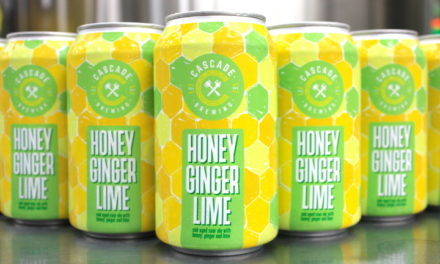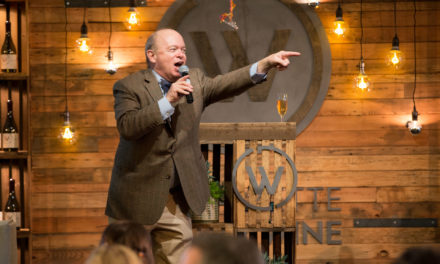Online shopping has become a way of life for consumers, with more and more opting to take advantage of a wide range of online buying options and an easy and convenient way to research, purchase, and receive goods. According to an NPR/Marist poll, 69 percent (nearly seven in 10) Americans say they’ve purchased an item online.
Over the last 20 years, ecommerce has steadily claimed market share from brick-and-mortar stores, and this trend is expected to continue with sales projected to reach 22 percent of all retail sales worldwide in 2023, up from 14.1 percent in 2019.
While many retail sectors, from apparel to electronics to grocery, are experiencing explosive growth in ecommerce, the ecommerce revolution has been slower to evolve for the spirits industry. This is a direct result of stringent state laws, adopted in the post-Prohibition era, that make online wine and spirits sales more complex than other retail sectors. This is beginning to change. Alcohol regulations and restrictions are evolving, expanding the consumer buying experience beyond the liquor store and letting the spirits industry connect with digital consumers.
International Wines and Spirits Record (IWSR) research found that 1.8 percent of the value of all alcoholic drinks traded around the globe is now sold through ecommerce. The research also shows that approximately $6.5 billion of spirits were sold online in 2018, a figure that represents 2 percent of the value of all global spirits sales.
IWSR research also notes that, “the shift to digital platforms will change the alcoholic drinks landscape forever, providing a marketplace for a plethora of brands and concepts that are no longer reliant on winning shelf space from a few major retail chains. The future alcoholic beverage market will be a more diverse and interesting place as a result.”
The spirits industry is already starting to see this happen via companies like Spirit Hub, a legally compliant online retailer of craft spirits that’s lawfully authorized to deliver direct-to-consumer. The company partners directly with independent distilleries from around the world, providing them a legal avenue to reach new customers and adapt to a changing retail landscape within the existing three-tier distribution system.
Innovative ecommerce platforms in the craft spirits sector will continue to flourish as the regulatory landscape evolves and more companies embrace ecommerce to connect to new markets and offer consumers new ways to enjoy craft spirits. While the craft spirits sector is already a multi-billion-dollar industry, revenue and market share have the potential to soar as the industry becomes more entrenched in online sales.
Bourcard Nesin, a beverage analyst at Rabobank, captured the importance of ecommerce to the alcohol industry as whole, saying: “Consumers are rapidly moving their food and beverage spending online, creating new shopping habits and brand relationships in the digital world. If the alcohol industry does not act quickly, brands will be left out of this important relationship-building process. Ecommerce, rather than a source for growth, could then become a wedge separating alcohol brands from their consumers.”

Michael Weiss is the CEO and founder of Spirit Hub (formerly BigFish Spirits), an online marketplace that connects consumers to independent distilleries they couldn’t otherwise find at their local liquor store. The brand launched in April 2019 after Weiss lobbied in Illinois to become a legally compliant avenue for liquor sales direct-to-consumer. He founded Spirit Hub with the mission of bringing craft spirits to new markets and providing a central location for education on the industry.











